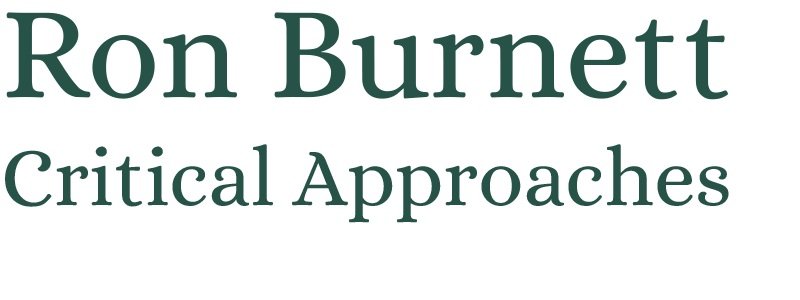The Student of Learning (3)
Over the course of the last forty years, Canada’s universities, colleges and K-12 educational systems have performed extraordinarily well. We now have a more educated populace than at any time in our history. We have more employment directly linked to the expertise learned during school. We have more employers expecting workers and employees to be well trained, with varying degrees of knowledge and applied skills. The educational system as a whole is more attuned to the ups and downs of the economy and expectations of politicians and policymakers.
However, we are now entering a period, when policy makers are linking education exclusively to skills and outcomes. This is a return to nineteenth century values. It is as if we have forgotten all the transformative changes of the 20th century, which was arguably the period of greatest innovation in the history of education.
To learn is in fact to speculate, to develop habits of inquiry and a thirst for knowledge. Inevitably, as you learn more, the hunger to apply that learning grows. The etymology of the word learning clearly describes its scope. “Old English leornian — to get knowledge, be cultivated, study, read, think about.” When you learn less and that learning is tied too specifically to outcomes that don’t reflect your own individuality and your own aspirations, you ironically limit the scope of your expectations.
Let’s call this “narrow learning.” Narrow learning makes it seem as if the humanities for example, are completely superfluous. Why study literature when it provides you with no direct skills other than the ability to read, write, express yourself and think independently? Why study art when creativity releases inner needs and desires that cannot be quantified and most certainly cannot be directly related to the immediate future? Narrow learning suggests that human beings are linear in their expectations about themselves. It also suggests that there are simple and reductive solutions to the many different ways in which people acquire knowledge.
“Narrow learning,” creates expectations about knowledge that streamline the often difficult and sometimes contradictory ways in which people — learners — engage with information, especially information that is challenging and new. Complexity is reduced to a series questions and answers, most often within the context of examinations. Educators and policy makers have forgotten that exams for instance, only measure limited and profoundly circumscribed ideas and for the most part tell us very little about the aspirations, needs, conflicts and challenges that individual learners face.
This may sound “theoretical” but for those of us in the front lines of the educational system, we are witnessing and sometimes submitting to the pressures to rush students through their education, to seek results when none may be available. Learners are so different, so individual and often so conflicted that it is difficult to assess what they have learned. The urgency to complete a degree or a course overwhelms the slow pace that is sometimes necessary if learners are to work into new material, take ideas seriously and even translate those ideas into some form of action.
Ironically, the humanities are being studied outside of school in the informal settings made possible by social media. Take a close look at Pinterest, Twitter and Facebook and you will see people engaging with their passions and trying to figure out critical approaches to those passions. Spend some time on Reddit and you will see conversations about every topic, surrounded by suggestions and solutions to all sorts of challenges and problems. Reddit is like the Greek agoras of old. It is a public square full of conversation, with coffee tables spread throughout.
New knowledge cannot be gained through the use of old tools unless learning itself is reduced and expectations are limited. This then is the irony of “narrow learning” and it is that expectations are reduced to narrow models, functional relationships and mono-disciplinary strategies. The broader question is, why have we not learned this and why are we returning with such force and emphasis to models that have proven themselves so weak and counterproductive?

